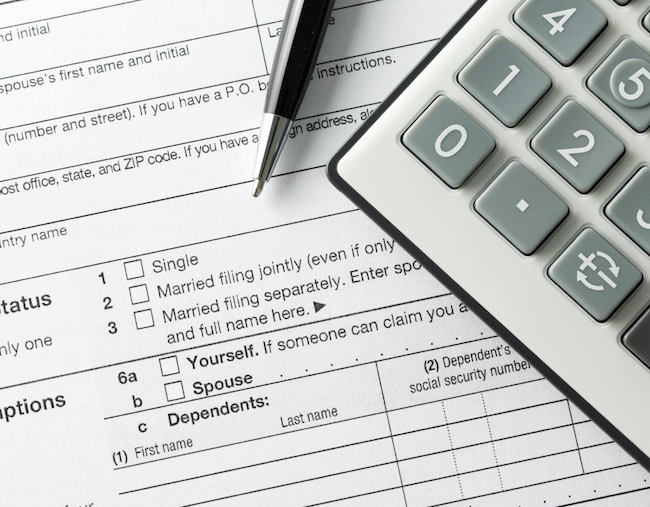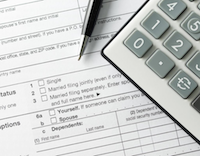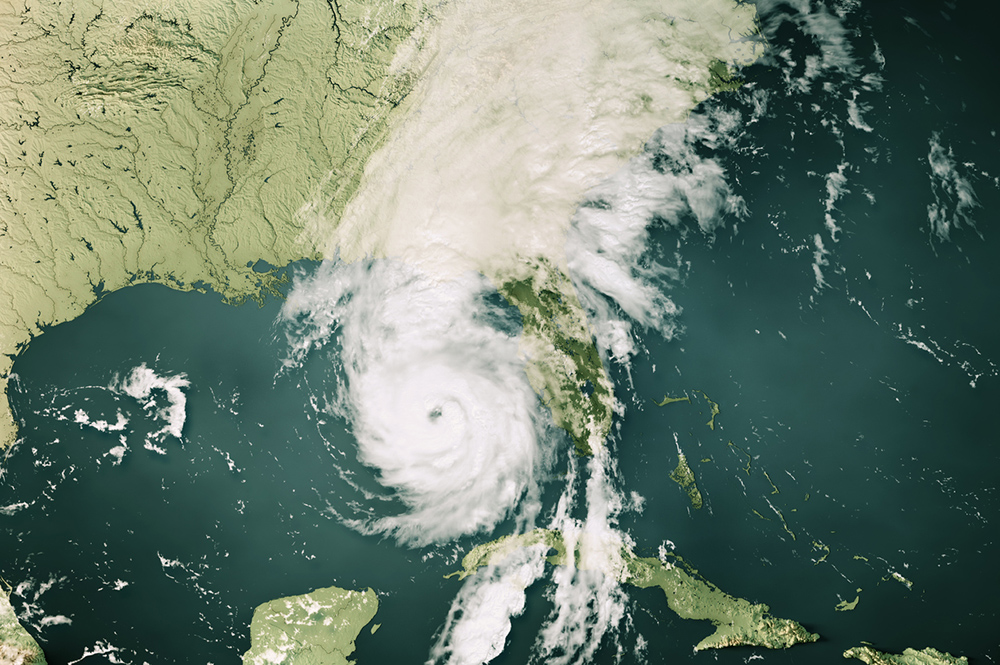The U.S. Treasury Department and the IRS have extended the deadline for filing and paying 2019 income tax liability three months — from April 15 to July 15.
If taxpayers are expecting a refund, they should file as quickly as possible, said Lance Palmer, a professor in the University of Georgia College of Family and Consumer Sciences.
“Both the deadline to file and the deadline to pay your federal taxes has been extended,” Palmer said.
Georgia Gov. Brian Kemp announced the deadline for filing Georgia state income tax returns also has moved to July 15.
In addition, Congress and the White House are working on a large economic stimulus package that likely will affect individual taxation in additional ways.
Locally, Palmer has helped lead UGA’s Volunteer Income Tax Assistance program in partnership with Georgia United Credit Union. The VITA program has provided free tax preparation for low-income Athens residents for the last 15 years.
Due to precautions surrounding COVID-19, all sessions have been canceled for the remainder of the semester, Palmer said.
“We plan to be back next year,” he said.
Here, Palmer answers some questions regarding the coronavirus’s effect on tax preparation.
I heard I don’t have to pay my 2019 taxes until July 15, 2020. Is that true?
Yes, it is true that the IRS has extended the April 15 payment deadline until July 15, 2020. This includes the payment of 2019 taxes that would normally be due on April 15, as well as the payment of 2020 estimated tax payments for self-employed individuals that would also normally be due on April 15. Here is a link to the official IRS Notice 2020-18:
https://www.irs.gov/pub/irs-drop/n-20-18.pdf
I also heard that I don’t have to file my 2019 tax return until July 15, 2020. Is this true?
Yes, this is also a recent change for this year only. Penalties and interest for not filing a tax return or not paying your taxes will not start accruing until July 15, 2020, for the 2019 tax year. If individuals are expecting a refund, they should file as quickly as possible.
Have other tax-related rules been affected?
Yes. The IRS has permitted high-deductible health insurance plans to cover 100 percent of the costs associated with testing for the coronavirus before any deductible, coinsurance or copays are met. Individuals who have a high-deductible health insurance plan (often referred to as Consumer Choice plans eligible for Health Savings Accounts) should check with their health insurance provider to see if their plan is waiving the deductible and coinsurance for coronavirus testing.








